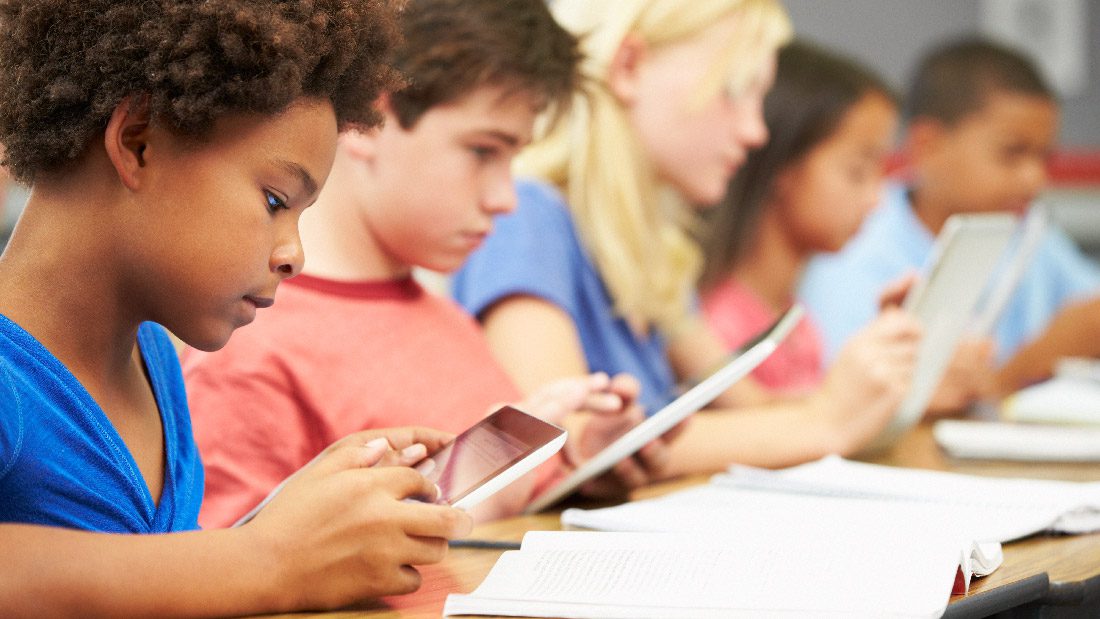
18 Feb 2014 Why The Education Sector Needs Wifi
Whilst the internet has been in our education system for some time, many schools are still using wired technology as opposed to the ever-present Wifi systems that we’re used to at home. The problem with wired technology is that it restricts internet access to a specific location, and in many schools this means the internet is confined to one room- usually a computer lab.
 Wifi connections are much freer than wired as it allows immediate access to an unlimited range of resources from anywhere in the school. This, in turn, enables educators to employ new educational practices as access becomes a given. Teachers and other members of staff are open to becoming more creative in the way that they teach, and the resources that they use in the classroom.
Wifi connections are much freer than wired as it allows immediate access to an unlimited range of resources from anywhere in the school. This, in turn, enables educators to employ new educational practices as access becomes a given. Teachers and other members of staff are open to becoming more creative in the way that they teach, and the resources that they use in the classroom.
Wifi isn’t just about information however, it’s also about communication. Having Wifi within a school instantly opens new communication barriers in a myriad of different ways. Students are able to communicate with each other, with their teachers and other members of staff and in cases of crisis, with their family members at home. Opening the doors to further communication is helpful not only for education purposes but also offers another route for students to voice any concerns they have at school from a pastoral care perspective.
Wireless Enabled Devices at School
The technology is already surrounding us – iPads, tablets, smartphones – but none of them can be used until the Wifi switch is flicked on. Wifi opens the door for new initiatives, such as the 1:1 initiative used in America where every student is given a device upon arrival at the school, and many, many more. Students now own their own devices or have access to one at home and it’s becoming increasingly apparent that the younger generation has a stronger grasp on technology. It seems ridiculous not to educate them in the medium that they have the strongest grasp of.
As both computers and mobiles become increasingly high-tech, they also become more internet greedy. Many devices such as iPads, tablets, e-readers and other ilk may be functional with 3G but only at an added cost, the majority need a Wifi connection for them to work at their full capabilities. Studies show that up to 73% of teachers are using mobile devices for teaching and learning but this can only take place if there is a strong, reliable Wifi connection at school.
However school is not the only form of education, it’s important to think about colleges and universities and their needs too. Whilst all of the above points apply to college and university students, there can be a higher reliance on an easily accessible internet connection in the higher levels of education. The study carried out by Wakefield Research in 2008 found that 90% of students believe that Wifi is equally essential to education as a traditional classroom or a typical computer.
Wifi is particularly important on University campus for students that live on-site and can heavily affect their grades if they are not able to connect and carry out the necessary research online. It’s viewed as so crucial that the same Wakefield survey found that 48% of students would give up beer before Wifi as well as a Computer World poll (2008) finding that 75% students said Wifi access on their campus sites helps them get better grades.